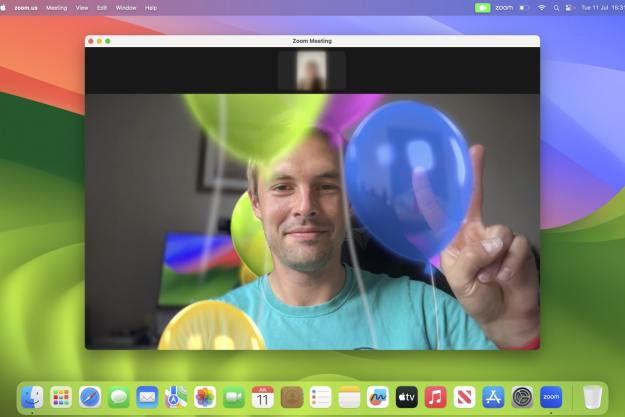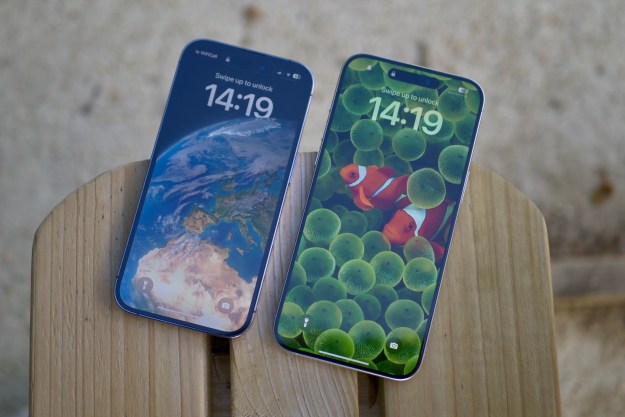
Android users have had the option to encrypt their phones and tablets since 2011, but the setup process for Android L will switch it on by default. iOS has always encrypted data on devices automatically — there’s no option to enable it as there is on current versions of Android — but the protection has been reworked and improved in iOS 8.
Related: Android L — the future of Android is (almost) here
“For over three years Android has offered encryption, and keys are not stored off of the device, so they cannot be shared with law enforcement,” Google spokeswoman Niki Christoff told the Washington Post. “As part of our next Android release, encryption will be enabled by default out of the box, so you won’t even have to think about turning it on.”
It’s a feature that is particularly noteworthy in a post-Snowden climate. The NSA-engineer-turned-whistleblower has been calling for improved encryption methods to prevent governments and other agencies from spying on user data, and the extra security layer arriving with Android L are another step in this direction.
“Most people aren’t going to go out of their way to do these things,” said Joseph Lorenzo Hall, chief technologist of a Washington non-profit, when speaking to the Post. “It’s so awesome, as someone who has worked on these issues for a long time, to see these two companies switch their defaults to where these things will be strongly encrypted, and rightly so.”
As for Android L, we still don’t know exactly when it will appear or even what it’s going to be called when it’s released. With flagship devices such as the Nexus 9 rumored to be launching in October, we shouldn’t have too much longer to wait to find out.
Editors' Recommendations
- Google just released the first Android 15 beta. Here’s what’s new
- Android phones finally have their own version of AirTags
- How to reverse image search on Android or iPhone
- Your iPhone just got a new iOS update, and you should download it right now
- A new Android 15 update just launched. Here’s everything that’s new


